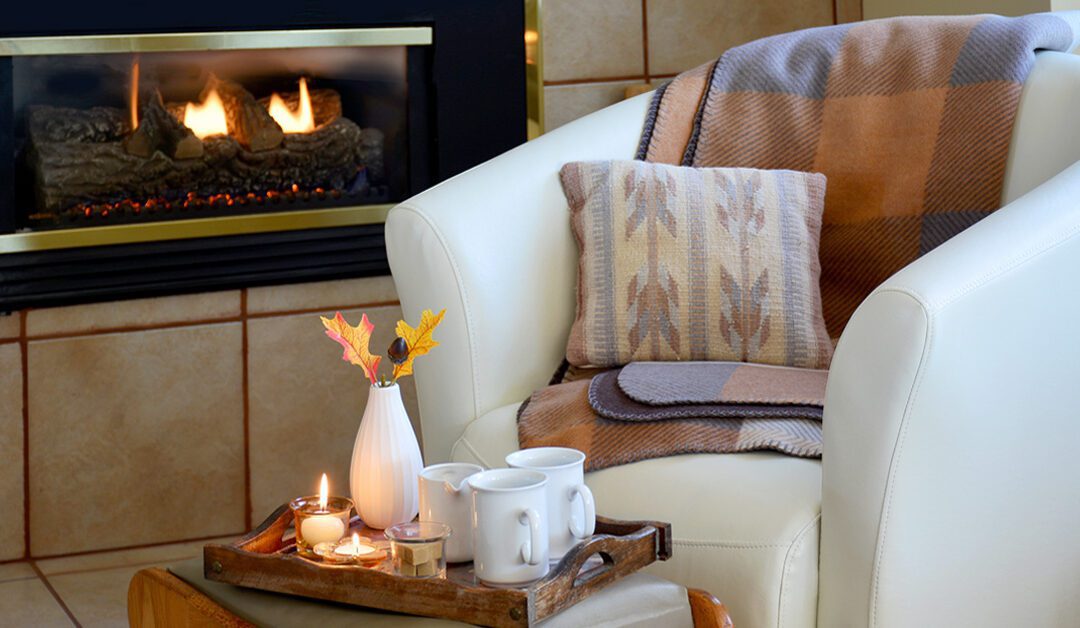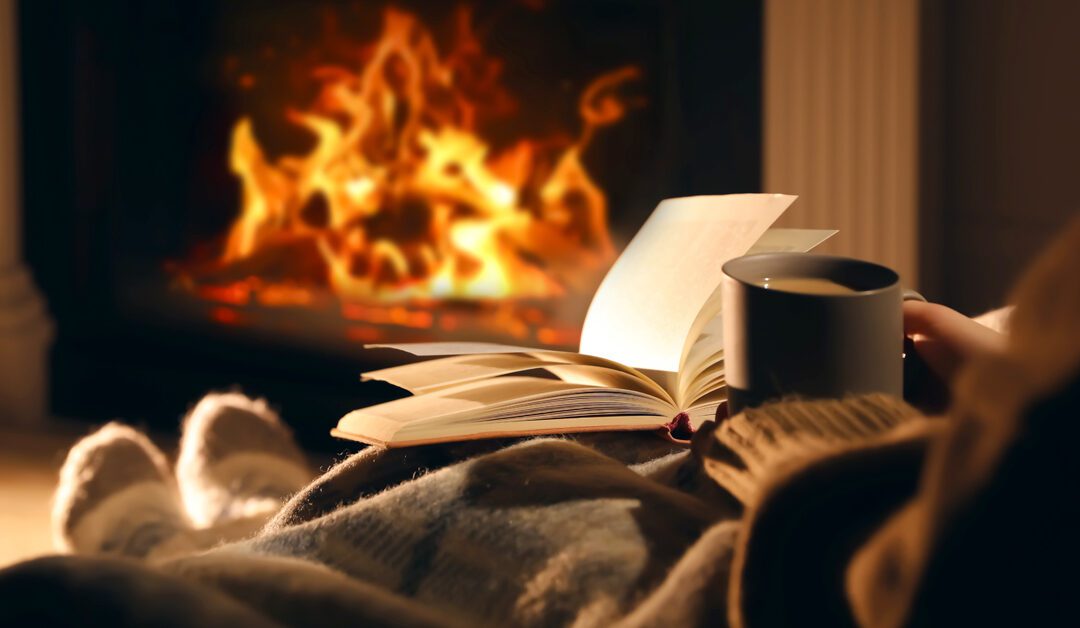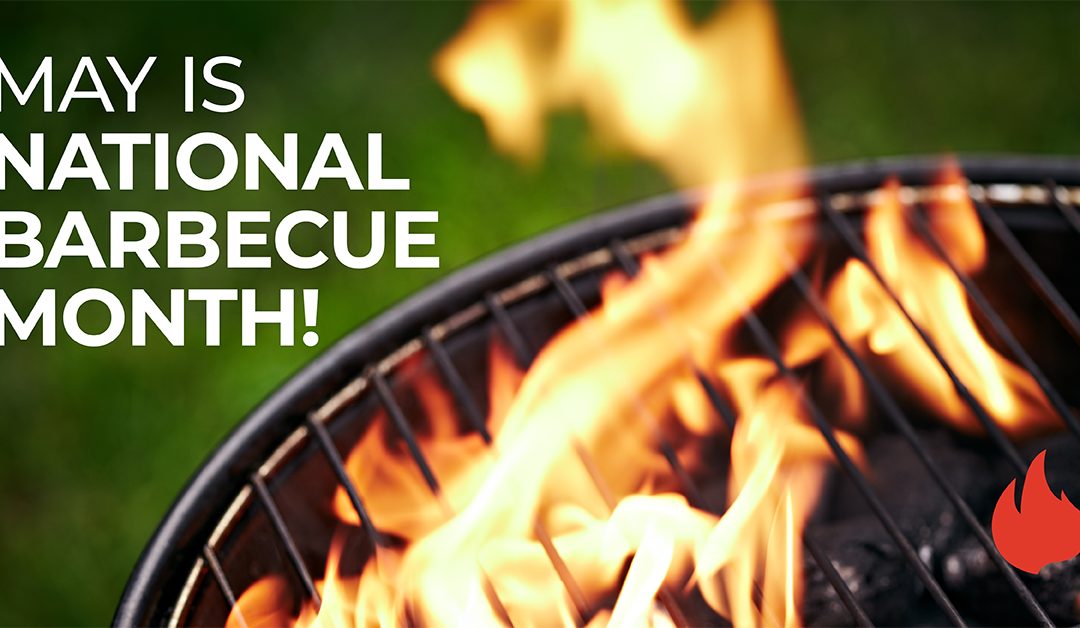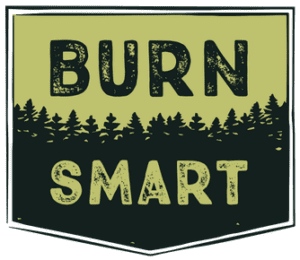
The Importance of Regular Chimney Cleaning: Protecting Your Home and Health
As the colder months approach and the warmth of a crackling fire becomes more appealing, it’s easy to overlook one essential task: chimney cleaning. Whether you use your woodstove or fireplace regularly or just occasionally, maintaining a clean and safe chimney is crucial for the safety and comfort of your home. Here’s why regular chimney cleaning should be at the top of your home maintenance list.
1. Prevent Chimney Fires
One of the most critical reasons for regular chimney cleaning is to prevent chimney fires. Over time as you use your appliance, creosote – a highly flammable substance – builds up on the inside the walls of your chimney. Creosote is a byproduct of burning wood, and even a thin layer of creosote can ignite and cause a dangerous chimney fire. A professional chimney cleaning removes this creosote buildup, significantly reducing the risk of fire.
2. Improve Air Quality
A blocked or dirty chimney can lead to poor indoor air quality. Soot, debris, and animal nests can obstruct the airflow, causing smoke and dangerous gases like carbon monoxide to back up into your home. Carbon monoxide is a colourless, odourless gas that can be deadly in high concentrations. Regular chimney cleaning ensures proper ventilation, allowing harmful gases to escape and keeping your indoor air safe to breathe.
3. Enhance Fireplace Efficiency
A clean chimney helps your fireplace operate more efficiently. When the chimney is free from blockages and creosote, it allows for better draft, which means your fire will burn hotter and cleaner. This not only improves the heat output but also reduces the amount of wood you need to burn, saving you money on fuel and reducing your environmental impact.
4. Prolong Chimney Life
Routine chimney cleaning can help extend the life of your chimney. Creosote, moisture, and other debris can cause corrosion and damage to the chimney liner and masonry over time. By keeping your chimney clean and well-maintained, you can prevent costly repairs and ensure your chimney serves your home for years to come.
5. Avoid Unpleasant Odors
A dirty chimney can produce unpleasant odours, especially during the warmer months when it’s not in use. Creosote, soot, and moisture can create a strong, musty smell that permeates your home. Regular cleaning eliminates these odour-causing agents, keeping your home smelling fresh.
6. Identify Potential Issues Early
During your annual chimney cleaning, the WETT-certified chimney sweep will inspect your chimney for any signs of damage or wear, such as cracks, loose bricks, or deteriorating mortar. Early detection of these issues can prevent them from becoming more serious and expensive to fix. Regular cleaning ensures your chimney is always in good condition and safe to use.
When to Schedule Chimney Cleaning
Experts recommend having your chimney swept and inspected by a WETT-certified technician at least once a year, either in the spring or before the start of the heating season. However, if you use your fireplace or stove frequently, you may need more frequent cleanings. Additionally, if you notice any of the following signs, it’s time to call a WETT-certified professional chimney sweep:
- Soot buildup: Visible soot or creosote on the chimney walls, rain cap or around the appliance.
- Smoke issues: Smoke entering your home when you light a fire.
- Strange smells: Unpleasant odours coming from the fireplace.
- Poor draft: Difficulty getting a fire to start or stay lit.
Regular chimney cleaning is a simple yet vital step in ensuring the safety, efficiency, and longevity of your chimney and fireplace. By preventing chimney fires, improving air quality, and maintaining your chimney’s structural integrity, you can enjoy the warmth and ambiance of your fireplace with peace of mind.
Find a local specialty hearth retailer near you at hpbac.org/find-a-member.
Find a WETT-certified chimney sweep near you at www.wettinc.ca/search-wett.
In Quebec, contact APC for a certified technician near you at www.poelesfoyers.ca/trouver-un-professionnel.
Photo credit: Good Fellas Stoves and Chimneys




